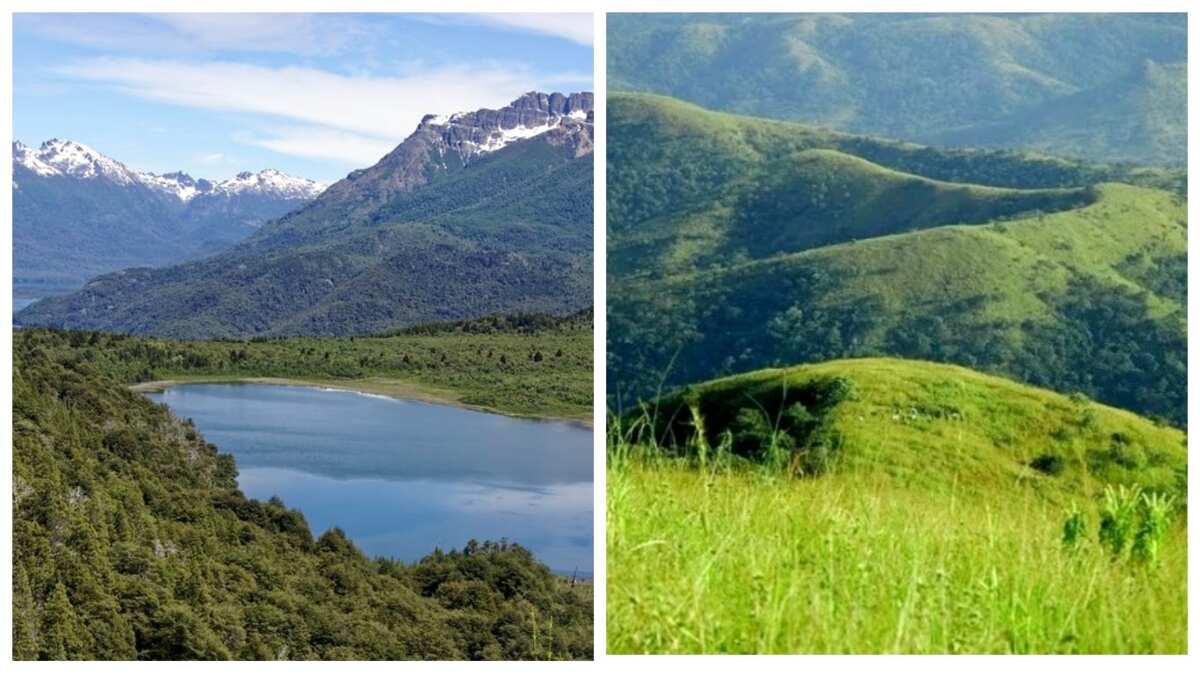Deforestation in Nigeria and its implication on economy
Deforestation has been a major problem for many countries over the past few centuries. Forests are slowly disappearing from the face of the Earth, and one of the places where it is most noticeable is Nigeria. Find out more about deforestation in Nigeria and its effect on the country's economy.

As the most prominent producers of wood and because most of it is used in distant parts of the globe, you would think we are doing some good to the world. In 2005, Nigeria attracted another unwanted record, this time on United Nations Food and Agricultural Organization (UNFAO) grading list as the country with the highest rate of deforestation.
With only 55.7% of main Nigeria’s vegetation lost, there’s room for more deforestations or vegetation encroachment to a ground-shaking catastrophic level. With an estimated loss of 3.5% of forest vegetation annually, the question is no longer “when?” but “how soon?”.

Read also
Importance of highlands in Nigeria
Nevertheless, deforestation is universal and has seen a rapid surge in increase over the last 50 years, with the tropics being major targets. Other countries like the Democratic Republic of Congo, Brazil, Russia, Indonesia, Thailand, and even the United States have experienced their fair share of deforestation, in the past or recently. But what exactly is deforestation? Let's find out.
What is deforestation?

READ ALSO: Climate change in Nigeria 2017
UNFAO define deforestation as the cut down of vegetation in other to make the area of land involved available for other valuable uses. In addition, deforestation only occurs on a large scale without deliberate replenishment, at least. What UNFAO’s definition of deforestation does is to balance between deforestation impacts and what makes deforestation one of the main competitors of man’s survival on earth.
Some little old deforestation facts reveal that deforestation has always been handled poorly in Nigerian, even in the colonial ages. Some research papers show that the rate of deforestation between the 1800s and 1900s baffled the overseeing British officials, which were mostly concerned about how the natural vegetation of the nation could last.

Read also
Dirtiest city in Africa: 20 most polluted cities in Africa
Effects of deforestation

Furniture, wooden sculpture, cases, electricity transmission poles, tools, and buildings; the benefits of woods and timbers are enormous, so much that we sometimes only focus on the need without focusing on the means, which is, in turn, severely hurts our immediate environment. Below are some of the deforestation disadvantages that we need to start taking more seriously.
- Soil erosion. Every economy needs agriculture, and for any crop to grow, everything needs to be right with the soil. The soil does not just serve as an anchor and source of nutrient for trees, it also gains protection from the heat of the sun from trees, preventing the soil from drying out. At the same time, drying out will make the soil unsuitable for farming and leads to increase flooding.
- Water cycle. Trees play a very crucial role in the movement of water between the land and atmosphere. Forest trees absorb rainwater from the soil and release it as vapour into the atmosphere. A reduction in the level of vapour in the atmosphere can affect natural climate patterns. In other words, the atmosphere becomes dryer without trees.
- Loss of life and biological diversity. More than 70% of biological life is lost in a single wave of deforestation, according to the National Geographic Channel. In the ecosystem, everyone feeds off each other, meaning we need one another to survive. An extinction of one species might mean the end of another.
- The release of carbon dioxide. Besides causing a reduction in the number of trees that help in the absorption of carbon from the atmosphere, an average forest in the tropics holds about 210 gigatons of carbon, most of which is released back into the atmosphere during deforestation and plant burning.
- Conflict. Recent conflicts surrounding deforestation have been between herdsmen and farmers in the north-central region of Nigeria in particular. Most of these conflicts are centered on and around two or more parties fighting over ownership of a small portion of fertile land, as deforestation has taken away what should have been a paradise, big enough for all to share.

Read also
This is how you can save the Earth from global warming

There are about 50 amphibians, 890 different species of birds, 150 reptiles, 270 mammals, and 4700 individual species of the higher plants immensely feeling the downside of deforestation in Nigeria.
From the inability to produce food due to poor soil content to increased flooding, deforestation consequences and their effects on Nigeria’s local economy can’t be overemphasized. However, it is high time someone took deforestation seriously.
READ ALSO: 4 main causes of erosion in Nigeria
Source: Legit.ng
ncG1vNJzZmivp6x7rbHGoqtnppdkfnKAlGloaWWUmrOwvsSsq5qsmaS7brrIoJyroZFitq68y6KamqyZpLtuscKopailqWO1tbnL